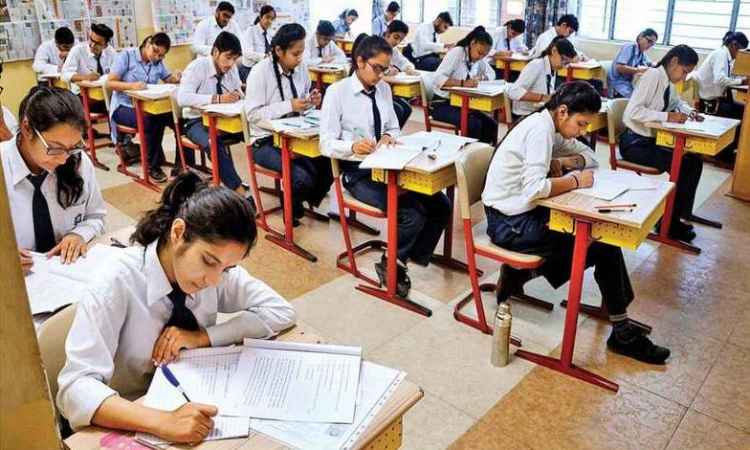- Home
- /
- High Courts
- /
- Delhi High Court
- /
- Inclusive Education Not Merely...
Inclusive Education Not Merely About Access, It Is About Belongingness: Delhi High Court Relief To Child With 'Mild Autism'
Nupur Thapliyal
3 July 2025 10:19 AM IST
While granting relief to a child with “mild autism”, the Delhi High Court has observed that “inclusive education‟ is not merely about access to education but it is about belongingness. “It is also about recognising that every child has a place in the classroom not because they are the same, but because they are different, and that difference enriches the learning environment for...
While granting relief to a child with “mild autism”, the Delhi High Court has observed that “inclusive education‟ is not merely about access to education but it is about belongingness.
“It is also about recognising that every child has a place in the classroom not because they are the same, but because they are different, and that difference enriches the learning environment for all,” Justice Vikas Mahajan observed.
The Court said that the statutory obligations under the Rights of Persons with Disabilities Act, 2016, are enforceable duties meant to ensure full and effective participation of children with disabilities in all walks of life, particularly in education.
Justice Mahajan was dealing with a plea filed by a minor child through her mother seeking readmission in class 1 or any of the age appropriate class in GD Goenka Public School in terms of Section 31 of the Rights of Persons with Disabilities Act, 2016.
It was the minor's case that she was born as a normal child in 2017 but with passage of time she experienced delayed milestone in sitting, walking and speech.
She was admitted to the school in Academic Session 2021-22 under the sibling clause. Later, in 2021, she was diagnosed with mild autism. In 2022, the principal of the school flagged some behavioural issues with the minor. In 2023, her education was discontinued.
The school submitted that the minor was not entitled to the reliefs sought in the writ petition as there existed no vacancy in Class-I. It was contended that after the minor ceased to attend the school from January 2023, and there was a complete lack of communication for over 20 months, including non-payment of fees.
Granting relief to the minor, the Court noted that the child had stopped attending school from January 2023, but the same was not due to a desire to withdraw, but due to the school's unwillingness to meaningfully accommodate her evolving needs.
It further said that school cannot be allowed to defeat the child's right to inclusive education by raising technical issues.
“No provision of law has been pointed out, and there exists none which provides that class strength or size, is rigid and inflexible not admitting an extra student. At the same time, the right to inclusive education under the Act is not symbolic but an enforceable right, and no child can be deprived merely due to the institutional unwillingness to adapt,” the Court said.
It added that the child is a child with abilities that can flourish in the right environment and has to be integrated into the school community.
Justice Mahajan also observed that the actions of the school revealed an institutional approach that failed to evolve in consonance with the needs of the minor child, as person with disabilities.
The Court directed the school to readmit the minor girl in Class I or in an age-appropriate class, as a fee- paying student. It further ordered that the minor shall be permitted to attend school with the assistance of a parent-appointed shadow teacher, subject to the school‟s basic norms of decorum and safety.
“The DoE shall monitor the reintegration of the petitioner and ensure that the school provides an inclusive and non-discriminatory environment in accordance with Sections 3 and 16 of the Act,” the Court said.
Title: AADRITI PATHAK THROUGH HER NEXT FRIEND AND NATURAL MOTHER MRS. SADHANA SHARMA v. GD GOENKA PUBLIC SCHOOL & ANR
Citation: 2025 LiveLaw (Del) 736



